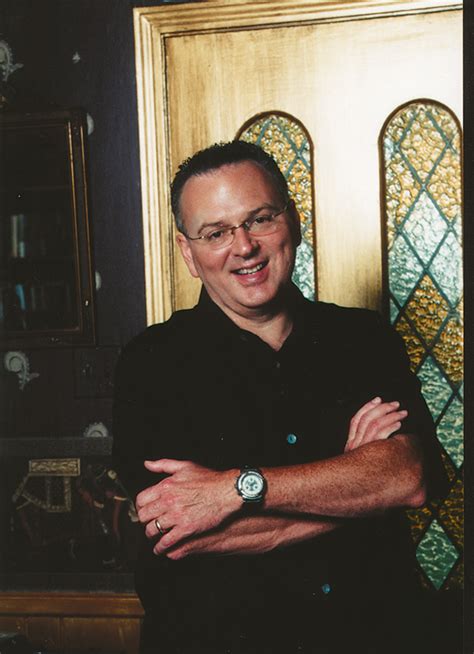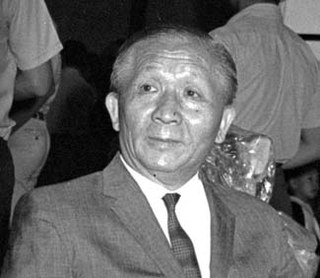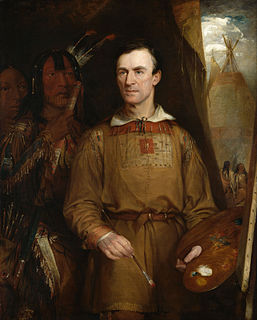A Quote by John Aubrey
Sir Walter, being strangely surprised and put out of his countenance at so great a table, gives his son a damned blow over the face. His son, as rude as he was, would not strike his father, but strikes over the face the gentleman that sat next to him and said, "Box about: twill come to my father anon."
Related Quotes
When the father dies, he writes, the son becomes his own father and his own son. He looks at is son and sees himself in the face of the boy. He imagines what the boy sees when he looks at him and finds himself becoming his own father. Inexplicably, he is moved by this. It is not just the sight of the boy that moves him, not even the thought of standing inside his father, but what he sees in the boy of his own vanished past. It is a nostalgia for his own life that he feels, perhaps, a memory of his own boyhood as a son to his father.
And he arose and came to his father. But while he was still a long way off, his father saw him and felt compassion, and ran and embraced him and kissed him. And the son said to him, 'Father, I have sinned against heaven and before you. I am no longer worthy to be called your son. But the father said to his servants, 'Bring quickly the best robe, and put it on him, and put a ring on his hand, and shoes on his feet. And bring the fattened calf and kill it, and cet us eat and celebrate. For this my son was dead, and is alive again; he was lost, and is found.' And they began to celebrate.
Ironically, it was the father's blessing that actually "financed" the prodigal son's trip away from the Father's face! and it was the son's new revelation of his poverty of heart that propelled him back into his Father's arms. Sometimes we use the very blessings that God gives us to finance our journey away from the centrality of Christ. It's very important that we return back to ground zero, to the ultimate eternal goal of abiding with the Father's in intimate communion. (pg. 243)
On occasion I have observed parents shopping to clothe a son about to enter missionary service. The new suits are fitted, the new shoes are laced, and shirts, socks, and ties are bought in quantity. I met one father who said to me, 'Brother Monson, I want you to meet my son.' Pride popped his buttons; the cost of the clothing emptied his wallet; love filled his heart. Tears filled my eyes when I noticed that his [the father's] suit was old, his shoes well worn; but he felt no deprivation. The glow on his face was a memory to cherish.
The Son is called the Father; so the Son must be the Father. We must realize this fact. There are some who say that He is called the Father, but He is not really the Father. But how could He be called the Father and yet not be the Father?... In the place where no man can approach Him (I Tim. 6:16), God is the Father. When He comes forth to manifest Himself, He is the Son. So, a Son is given, yet His name is called 'The everlasting Father.' This very Son who has been given to us is the very Father.
You cannot show real respect to your parents by perpetuating their errors.... Do you consider that the inventor of a steel plow cast a slur upon his father who scratched the ground with a wooden one? I do not consider that an invention by the son is a slander upon the father; I regard each invention simply as an improvement; and every father should be exceedingly proud of an ingenious son. If Mr. Talmage has a son, it will be impossible for him to honor his father except by differing with him.
Anecdote: In a controversial way, Comedian and actor Bill Cosby sought to teach his son the pain of being lied to. Convinced his son had been dishonest regarding an issue, Cosby promised that if he told him the truth, he would not hit him. When his son did confess, Cosby did hit him. Seeing his son's shock and hurt, Cosby said he hoped this lesson had deepened his understanding of the anguish generated by a sense betrayal.
The face of the Son of God, who, instead of accepting the sacrifice of one of his creatures to satisfy his justice or support his dignity, gave himself utterly unto them, and therein to the Father by doing his lovely will; who suffered unto the death, not that men might not suffer, but that their suffering might be like his, and lead them up to his perfection.
Many years ago, our father Ibrahim (AS) made a choice. He loved his son. But He loved God more. The commandment came to sacrifice his son. But it wasn't his son that was slaughtered. It was his attachment to anything that could compete with his love for God. So let us ask ourselves in these beautiful days of sacrifice, which attachments do we need to slaughter?






































